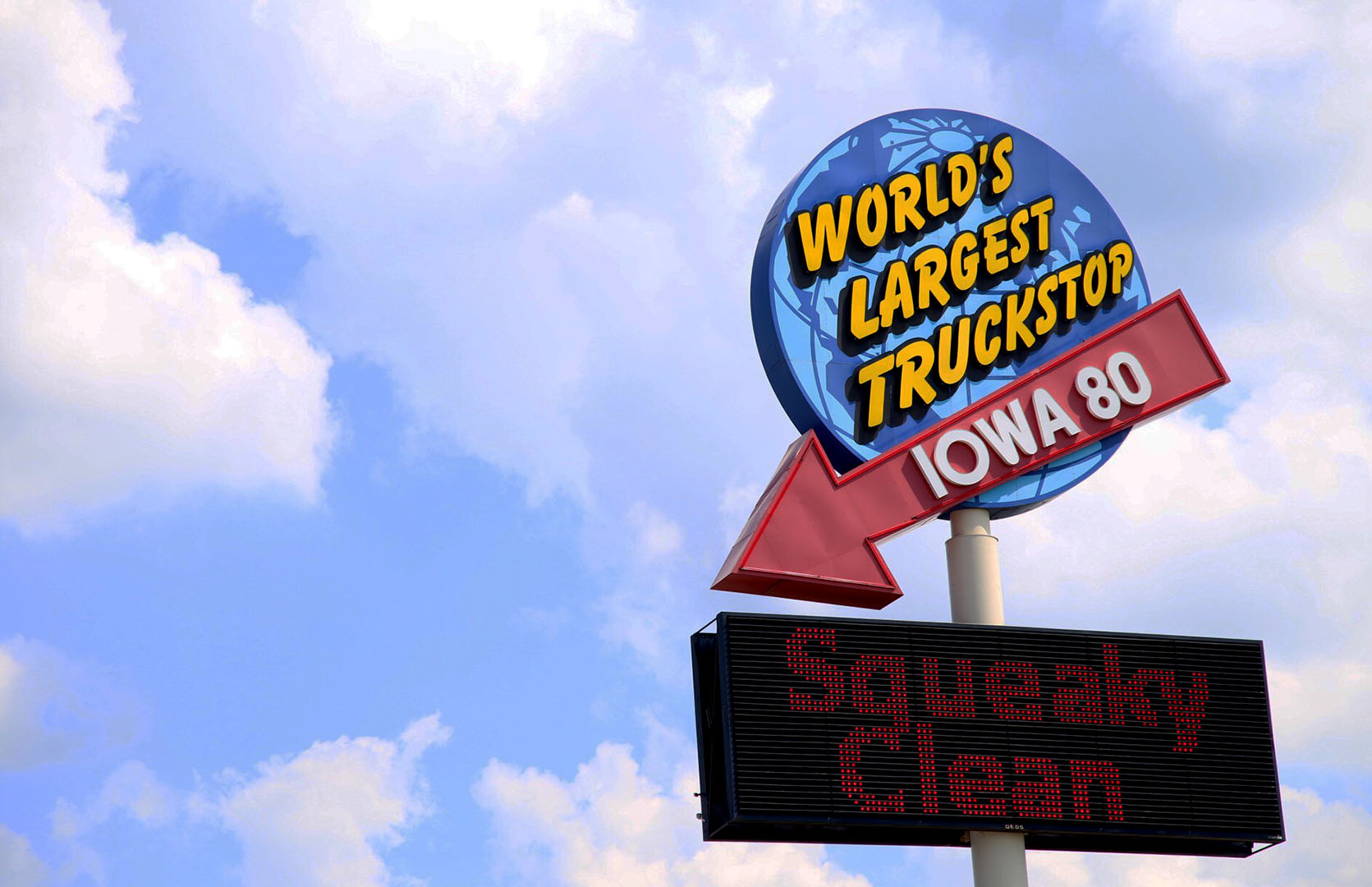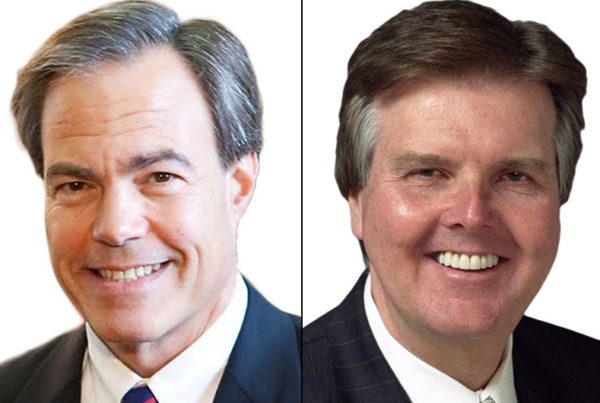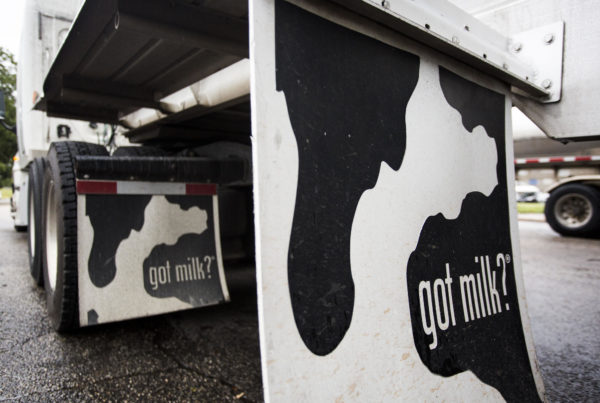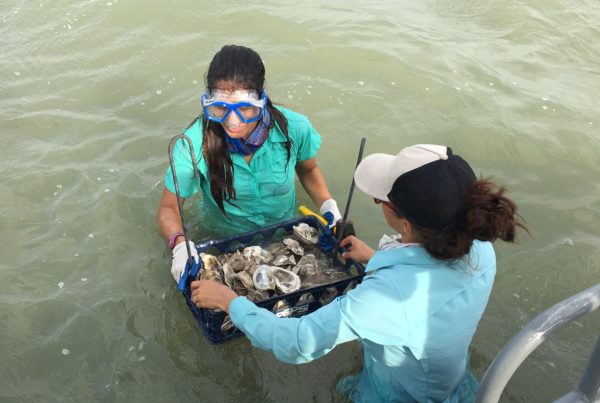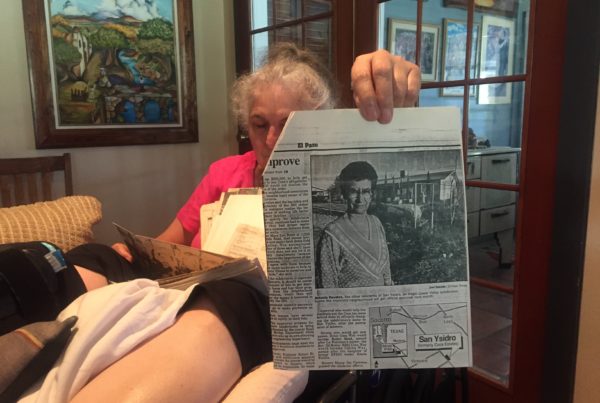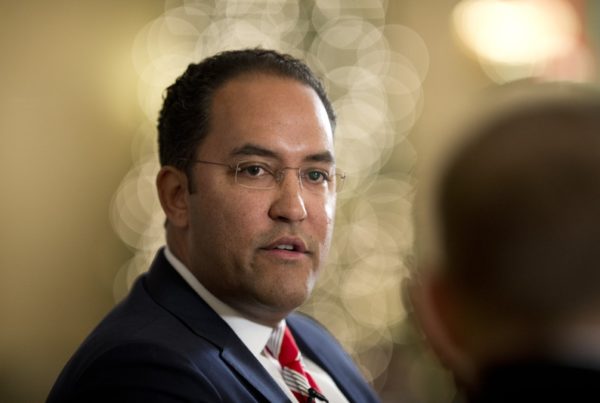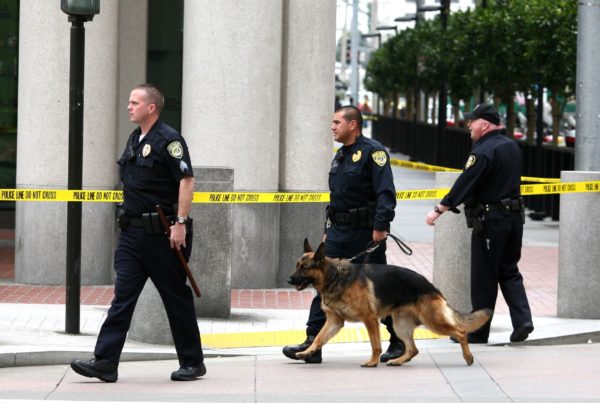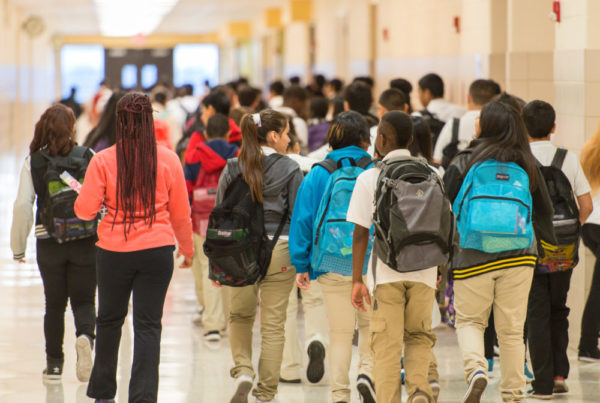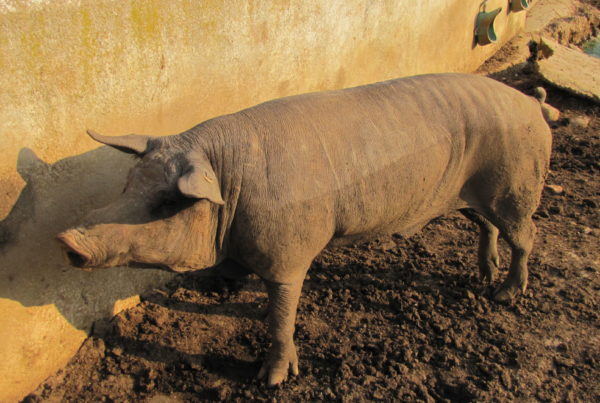Along Interstate 80 in Iowa, near the Illinois border, is The World’s Largest Truck Stop – at least that’s what it claims. It has parking for 900 big rigs, there are restaurants, showers, even a dentist. Driver Roosevelt Phillips is here from Pittsburgh. He says truck stops like this one are a community.
“We talk about everything. I mean, y’know, I’m an adult so I’m talking to another truck driver, so we talk about whatever comes up,” Phillips says.
They talk about everything from politics to the news of the day – and the strange activity they see on the road.
“Truck drivers are not naive people. We see everything,” says Rachelle Biggs. She’s a program specialist at the Des Moines Area Community College Transportation Institute. Biggs has been at the college for almost a decade, after working as a trucker for 16 years. She says she remembers hauling loads in the southern U.S. back in the 1990s and being stopped by border patrol.
“They checked my trailer and my truck, and at the time, I thought, That’s kind of crazy. You’re looking for people. That’s the thing in the world I would ever do,” Biggs says.
What was not talked about back then – human trafficking – is now a subject in her classes. Trafficking, which is different than smuggling, is when people are coerced into being sex workers. Biggs uses a curriculum from the nonprofit Truckers Against Trafficking, an organization co-founded by Kendis Paris.
“Smuggling is a crime against a border whereas trafficking is a crime against a human being,” Paris says.
The deadly case in San Antonio involved smuggling, in which people paid to be taken through border checkpoints. Paris says that’s harder to spot than trafficking.
“These people were not let outside of the trailer. So it’s hard to raise up an army of truckers or truck-stop employees or anyone [to protect them], for that matter,” she says.
Some truckers are keeping a watchful eye on signs of trafficking and smuggling. Back at World’s Largest, Brian Bickham climbs into the cab of his truck. He’s familiar with the case down in Texas and says while he hasn’t been asked firsthand to smuggle anyone, he regularly sees postings at truck stops asking drivers to report suspicious behavior.
“I’ve only encountered it maybe two, maybe three times,” he says. “Women coming up and approaching you and stuff like that. And you never know if that’s human trafficking or someone willingly [asking for a ride].”
Trucker Roosevelt Phillips says he’s heard of people who have run all kinds of illegal cargo to make money, and it usually doesn’t work out very well for the driver.
“All the stories I’ve ever heard, the people got arrested. So why you would want to do something like that? I don’t get it,” he says.
Pyle Transportation, the Iowa company that owned the tractor-trailer in the San Antonio tragedy, wouldn’t comment on the incident. But more and more truckers, in and out of truck stops like this one, are starting to talk about trafficking and smuggling.
Clay Masters is the lead political reporter at Iowa Public Radio.


